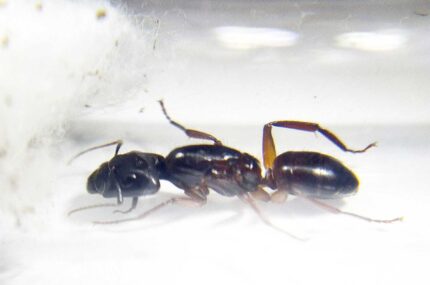
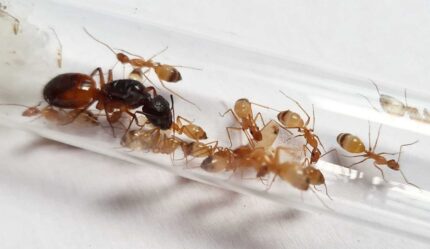
Camponotus pseudoirritans
169,90 zł – 319,90 zł
Worldwide shipping
Free delivery over 500 PLN
The highest quality of goods
Live delivery guarantee
24/7 Personal Support
Fair Prices
Description
Camponotus pseudoirritans is a monogynous ant species with colony sizes of up to 5000 workers. They have a medium development rate. The queen is 11-14mm in size, while workers range from 5-8mm and majors from 7-11mm. Their coloration includes dark brown/black heads, brown to yellowish chests, and an orange-brown bottom. They are primarily carnivorous, feeding on insects like cockroaches and crickets, as well as syrup made from a honey-water mixture.
Additional information
| Behavior | |
|---|---|
| Difficulty in breeding | |
| Origin | |
| The size of ants | |
| Wintering |
Camponotus pseudoirritans: A Species with Great Variability
Camponotus pseudoirritans is a fascinating species of ant native to Asia. Known for its color variability and worker polymorphism, these ants are a popular choice for ant enthusiasts and hobbyists.
Colony Type and Size
Colony Type: Monogyny
Colony Size: Up to 5000 workers
Development Speed: medium
Camponotus pseudoirritans colonies are monogynous, meaning they have a single queen. Their colony size can reach up to 5000 workers, creating a thriving and bustling ant community.
Size and Color:
- Queen: 11-14 mm
- Workers: 5-8 mm
- Majors: 7-11 mm
Camponotus pseudoirritans showcase a stunning color variation. The head is predominantly dark brown or black, while the chest ranges from brown to yellowish. The bottom of their body displays an attractive orange-brown color, adding to their visual appeal.
Nutrition and Feeding
- Food insects (such as cockroaches and crickets) dead, or live if colony is big
- Syrup (a mixture of water and honey or sugar, with a ratio of 4/3 water:1)
- Fruits and vegetables
- Jelly
- Cooked chicken without salt, shrimps
- Honey
Habitat Conditions
- Humidity: Arena: 40-60%, Nest: 50-70%
- Temperature: Arena: 24-28 °C, Nest: 22-24 °C
Recommended Nests for Breeding
When it comes to breeding Camponotus pseudoirritans, several types of nests are suitable for their needs. These include acrylic, cork, plaster, and aerated concrete nests. Each type of nest provides a different level of moisture retention and visual display for observing the ants’ behavior and activities.
In Conclusion
Camponotus pseudoirritans, with its captivating color variability and worker polymorphism, is a species that enthralls ant enthusiasts worldwide. From their monogynous colony structure and size to their medium development rate, these ants offer a unique ant-keeping experience. Creating the right habitat conditions and providing a balanced diet ensures the health and well-being of this fascinating ant species. Consider choosing acrylic, cork, plaster, or aerated concrete nests for observing their behavior and breeding these remarkable ants successfully.


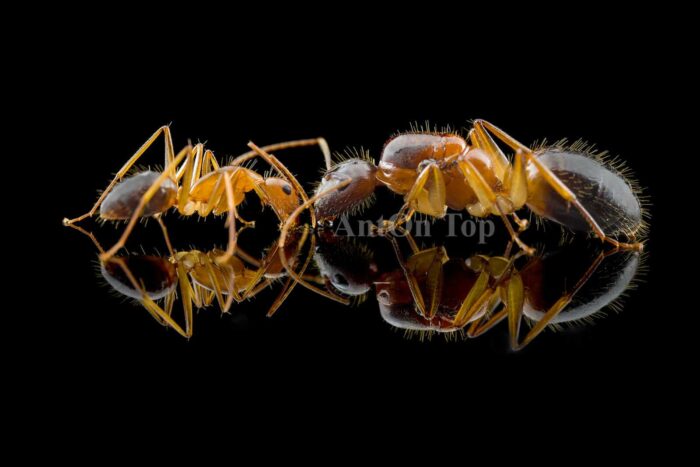
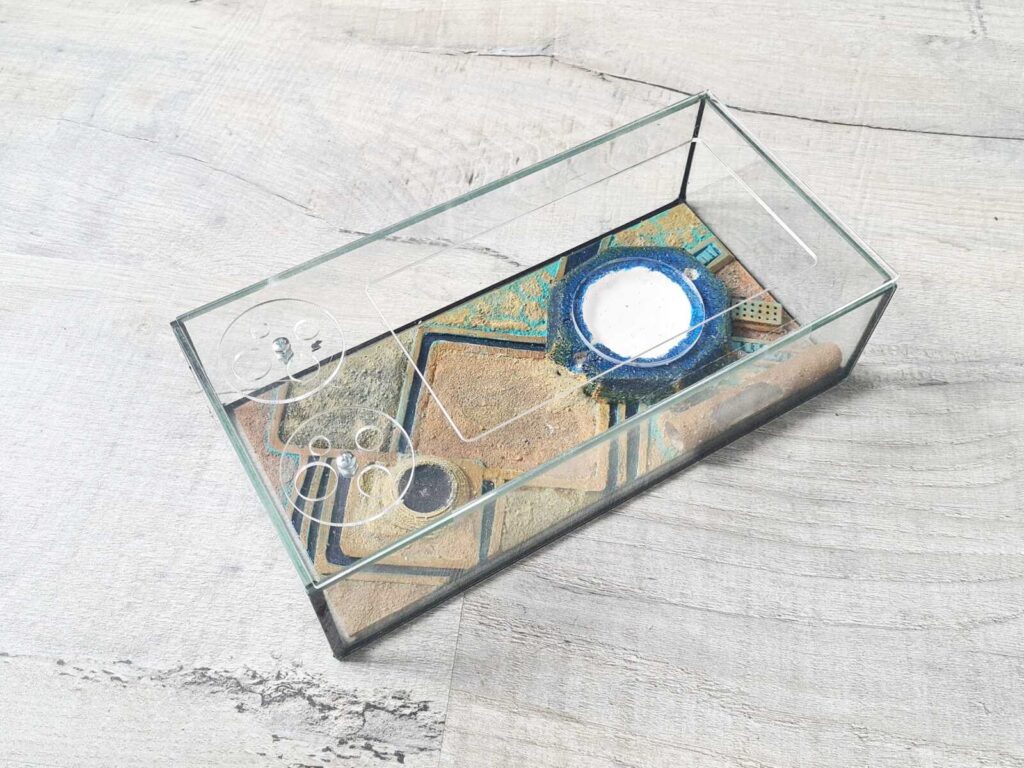
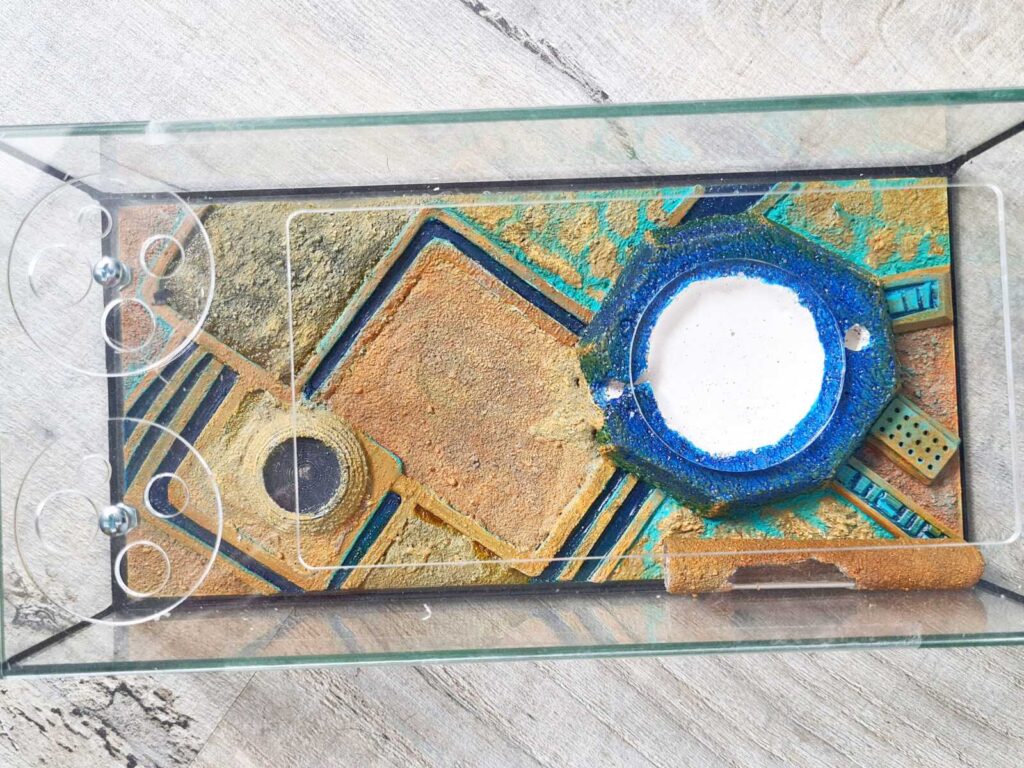
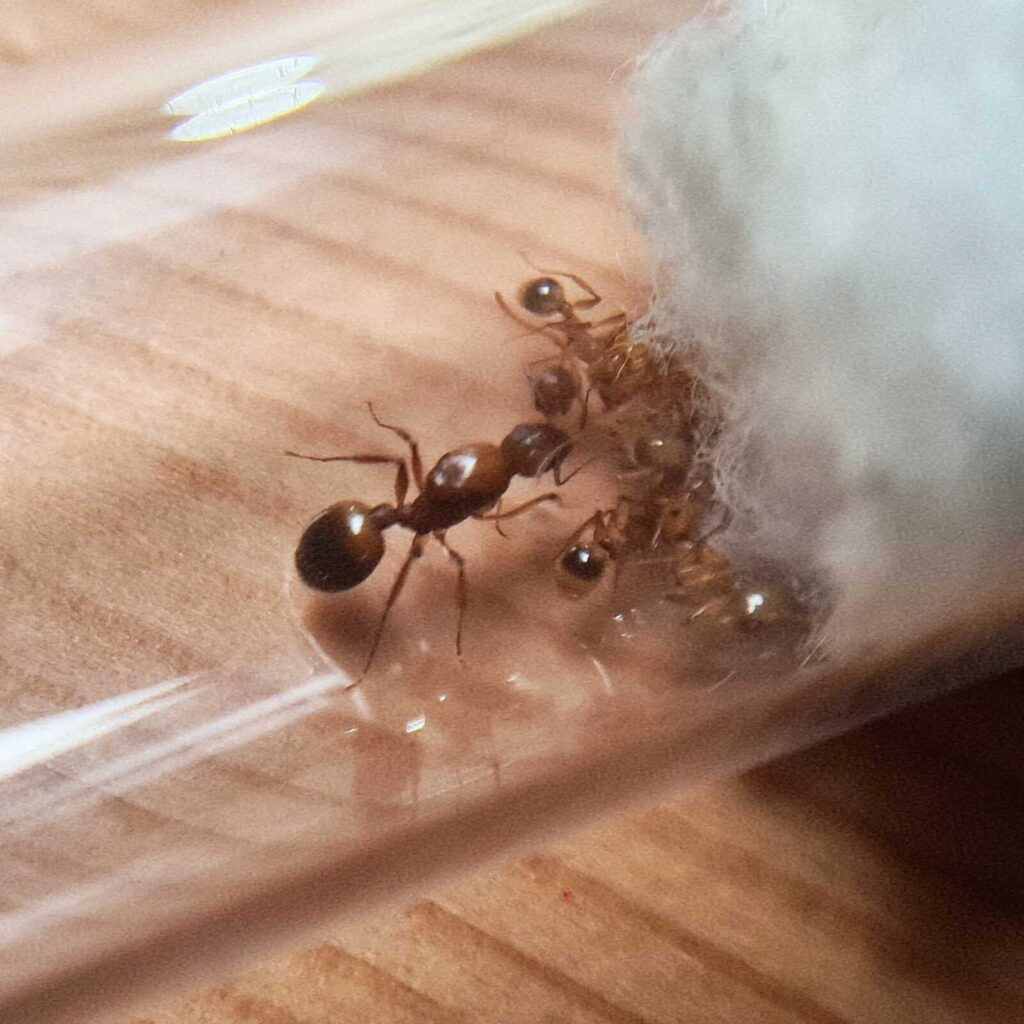
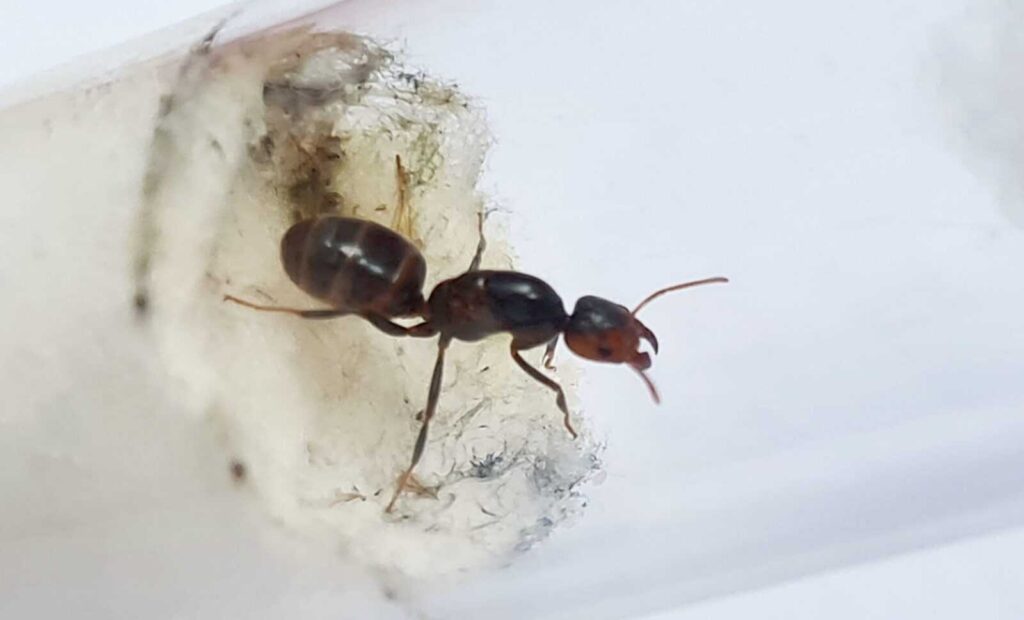
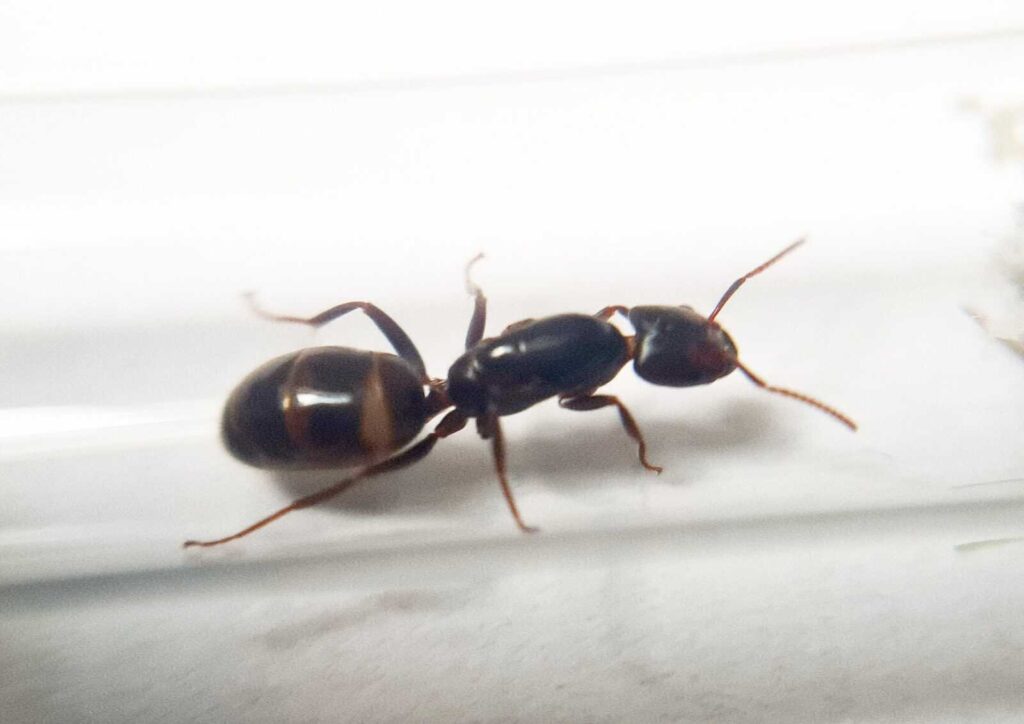
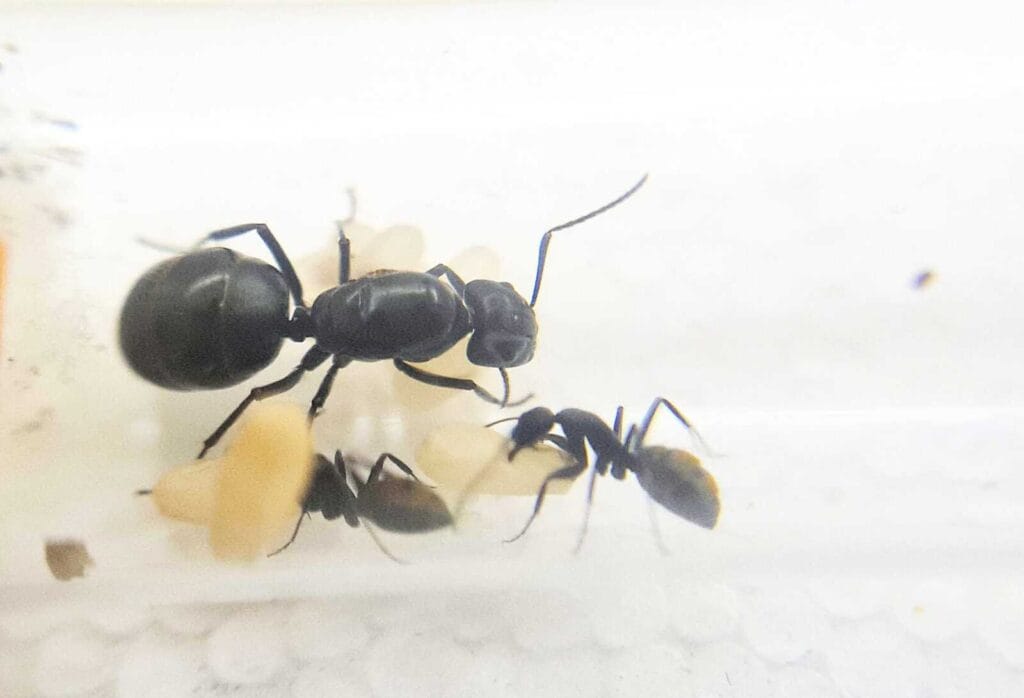
There are no reviews yet.